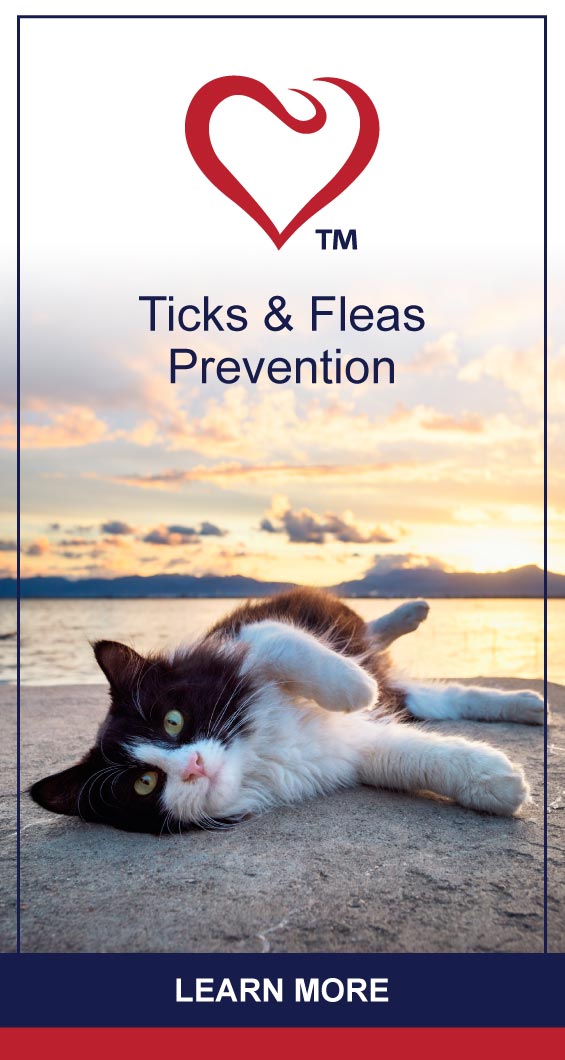HEALTH & WELLNESS

TRENDING

We’re excited and honoured to feature South Africa’s second largest independent animal welfare organisation on PetlifeSA.
EAR INFECTIONS IN CATS

OVERVIEW
Ear infections, causing painful itchiness and irritation, are not as common in cats as they are in dogs.
Although ear infections themselves are problematic, there can be underlying causes of the inflammation of the external ear canals that become inflamed.
If your cat gets an ear infection, it should be addressed immediately to minimise pain and damage to the ear canal.
SIGNS OF EAR INFECTION IN CATS
Symptoms may vary a great deal, depending on the severity of the ear infection.
The following are some signs that indicate an infection:
- Scratching to the point of damaging skin
- Scabs, dark or crusty debris in the ear canal opening
- Pain when the ears are massaged
- Head tilt or inability to keep balance
- Uneven pupil size
CAUSES
The main causes of ear infections in cats are:
- An abscess from a bite wound or scratch
- Ear mites (parasite)—especially in kittens; highly contagious among cats
- Allergies
- Growth in the ear canal
DIAGNOSIS
Depending on the underlying cause, ear infections can resolve quickly or develop into a chronic condition. Your veterinarian will take a thorough history of your cat to determine if an underlying disease may be the cause. Your cat will be given a complete physical exam, including the use of an otoscope to look down the ear canal. Other tests or procedures may be performed for an accurate diagnosis.
Some additional tests your veterinarian may recommend include:
- Cytology, which identifies if yeast, bacteria, or other microorganisms are present
- A culture to determine which type of bacteria is present
Related Articles









